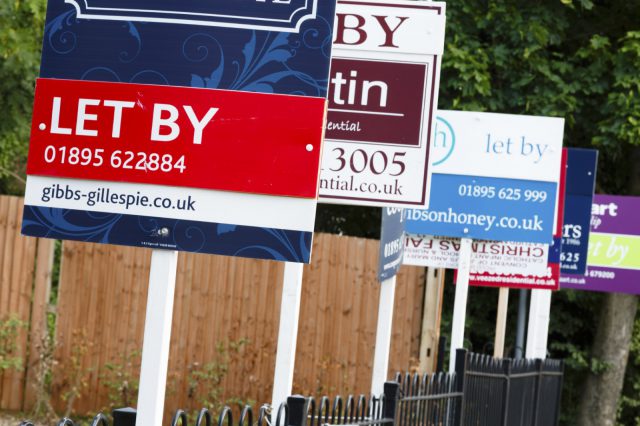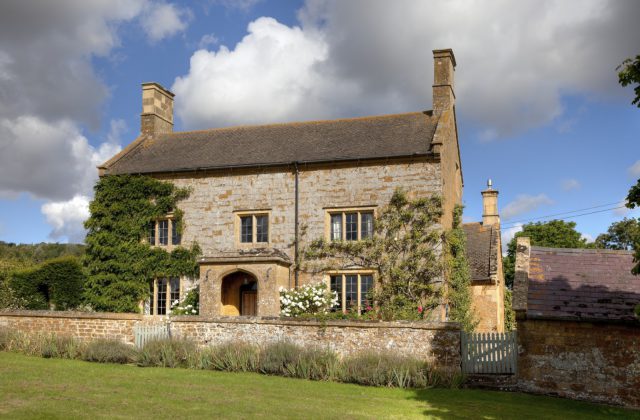Poor returns on bank deposits and annuity rates are almost at a record low, and are inspiring retirees to become buy-to-let property investors.
However, being a landlord may not be as simple as awaiting interest payments, and dropping house prices in most areas outside of London have knocked the confidence of some landlords’ capital gains expectations.
There can also be a hefty amount of paperwork associated with ensuring a property is suitable for tenants. Although they make look safe, houses may be subject to health and safety regulations. These include Gas Safe, Energy Performance, and Portable Appliance Testing (PAT) documents.
The rewards of being a landlord, however, can be gained through the credit crisis leaving banks and building societies averse to risks and hesitant to lend. As a consequence, lots of people who would like to buy their own properties have been left renting, at a much higher age than their parents, who would have got onto the property ladder a lot younger.
While this generation of renters complain about a lack of mortgages and anticipate a crash in house prices, the current climate is positive for landlords.
Director of LSL Property Services, David Newnes, says: “Rising rents are delivering strong yields to investors, making a powerful case for the buy-to-let market for those looking for long-term investments for their pension provision.
“Current yields, that is, rents expressed as a percentage of the price paid, are 5.3%. Property investment is providing a viable alternative to low annuity yields and a volatile stock market.”1

Investors Look at New Property Types
An important consideration for landlords is location, but not in the same way a homeowner would search for the perfect setting. Investors must look at position in the same way that tenants do.
“Transport links are essential and it is sensible to consider newer properties, or at least ones in a good state of repair, to help keep the maintenance bills down,” explains Lynn Hilton, residential lettings partner at Cluttons estate agents. “Only invest in an area with high employment and strong economic foundations, which will appeal to high-quality tenants such as young professional singles and couples.
“New landlords should also consider the cost of service charges and ground rent, as these are payable by them rather than the tenant.”1
The majority of people can draw 25% of their pension savings as a tax-free amount. Despite this, a concern for pensioners considering buying an investment property is that a lot of their fortune will be put into a single asset. This will break what is occasionally referred to as the first rule of investment; increasing risk and not putting all of your eggs in one basket.
Cheaper properties, such as flats above shops or ex-council properties, can solve this problem. Low-priced properties can, however, create problems that are less likely to occur with higher-priced homes.
Director of Base Property Agents, Kristjan Byfield, explains: “Due to their lower purchase price, yields are typically higher on ex-local authority properties. The biggest risk is refurbishment works to the block or development. Buyers should therefore research works done in the past five or ten years, and try to establish if any are planned for the future.”1
Flats over shops can cost considerably less than ordinary apartments. However, it can be difficult to acquire a mortgage on these properties, due to potential conflicts of interest between above residents, and below business owners.
Head of Lending at Mortgage Advice Bureau, Brian Murphy, states: “Most lenders’ maximum loan-to-value on a buy-to-let mortgage is 75%. Therefore, borrowers are typically looking at putting down a 25% deposit.
“Lenders typically look at rental coverage on a formula, generally they require the rental income to be at least a quarter higher than the monthly mortgage interest payment.”1
Caution by mortgage lenders is a reminder to landlords that buy-to-let is not as simple as they may think.
Landlords must carefully analyse any possible tenants, or appoint a letting agent to do the task. A letting agent usually charges 10% of annual rental income to find a tenant, and a further 5% to fully manage the property.
“If you opt to engage a managing agent, make sure that they are thoroughly vetting any potential tenants,” says Jamie Lester, Head of Haus Properties. “A credit check isn’t enough; they need to be seeking personal references and asking if they always pay their rent on time, and if not, why not.”1
Retirement may bring spare time, but becoming a buy-to-let landlord may be more difficult than expected.
Ed Mead, of Douglas & Gordon, advises: “Always use a member of the Association of Residential Letting Agents [ARLA], so your money is protected and you will sleep easier.
“You’ll also spend a lot less time on irritating phone calls from the wrong sort of tenant. And you won’t be changing light bulbs when you should be enjoying that sports car you always promised yourself.”1
1 http://www.landlordexpert.co.uk/blog/2012/10/19/good-advice-for-diy-landlords/





